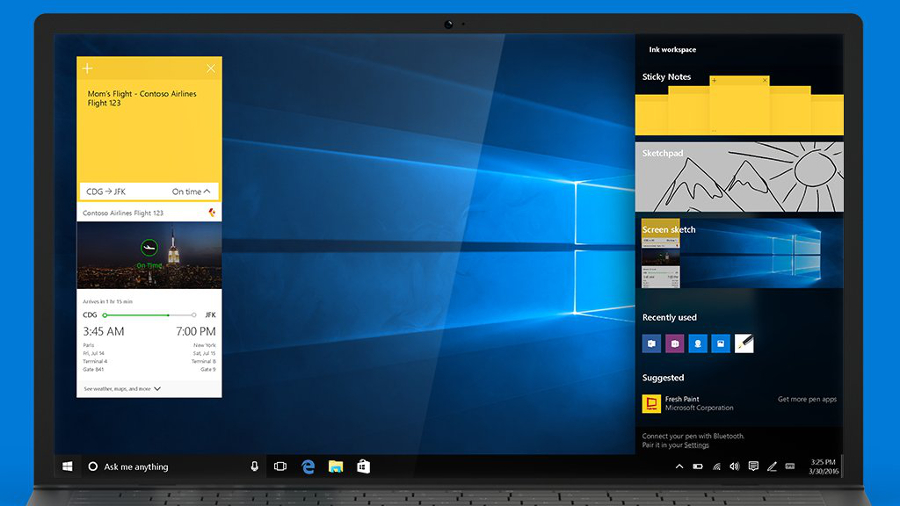Microsoft slashes Windows 10 rollback period with Anniversary Update
You only get 10 days to revert now, as opposed to a month

Microsoft has shortened the period of time which users are given to roll back from an update in Windows 10, cutting it down drastically in fact.
Previously, you were given a full 30 days on the Recovery tab (under Settings) in which the option was available to revert to an earlier build on your PC – ensuring that those using the freebie Windows 10 upgrade had a full month in which to try out the new OS and rollback to Windows 7/8.1 if they weren't happy.
However, that window (so to speak) to revert the OS has now been shortened to 10 days as of the Anniversary Update which arrived this week.
So why the change? Well, now the free upgrade to Windows 10 offer has ceased (at least officially, anyway) Microsoft probably feels that it doesn't need such a lengthy time limit (which after all, was probably made that way partly to give would-be upgraders plenty of thinking time concerning the new OS if they did take the plunge).
Quick decisions
Windows Supersite, which spotted this development, also contacted Redmond regarding the change and received a reply to the effect that based on user data, Microsoft had observed that most people who are going to rollback do so within the first few days of an upgrade.
Therefore Microsoft felt there was no need for such a lengthy time limit, and indeed cutting it down means that users don't have backup files (the ones needed to revert) hanging around and cluttering up their system drive for so long.
Incidentally, if you missed out on upgrading to Windows 10 for free, in actual fact there are still several methods by which you can do so, which we reported on earlier this week, and earlier today.
Get daily insight, inspiration and deals in your inbox
Sign up for breaking news, reviews, opinion, top tech deals, and more.
Darren is a freelancer writing news and features for TechRadar (and occasionally T3) across a broad range of computing topics including CPUs, GPUs, various other hardware, VPNs, antivirus and more. He has written about tech for the best part of three decades, and writes books in his spare time (his debut novel - 'I Know What You Did Last Supper' - was published by Hachette UK in 2013).